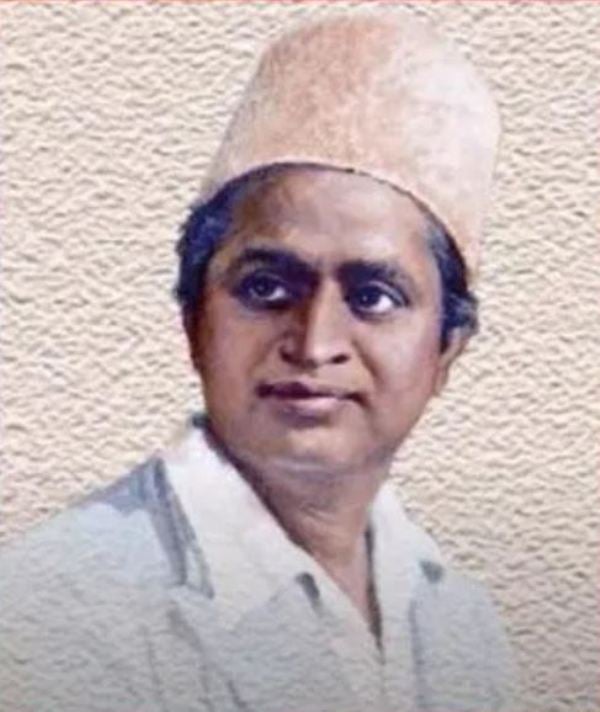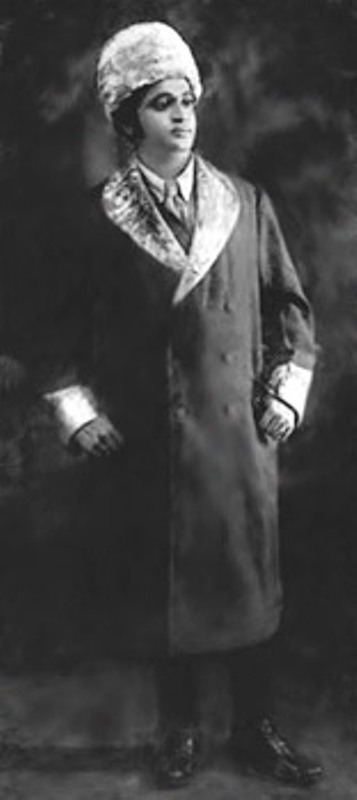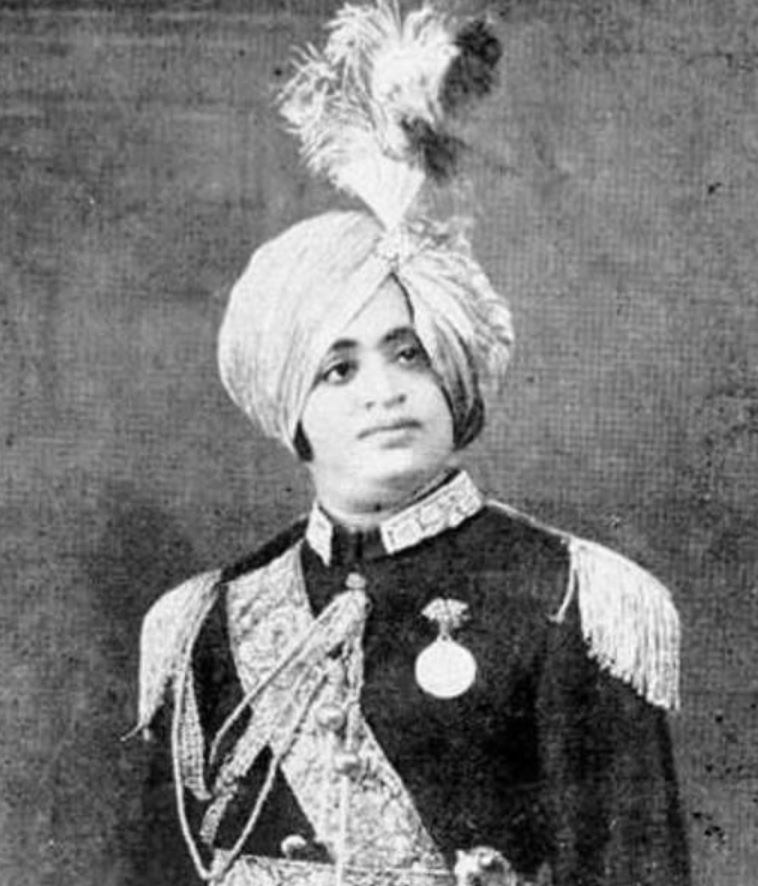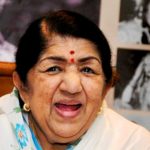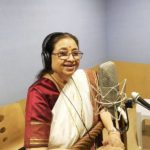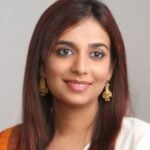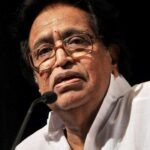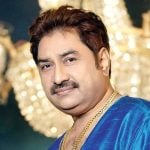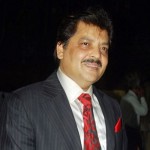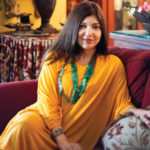Deenanath Mangeshkar Age, Death, Wife, Children, Family, Biography & More
Quick Info→
Father: Ganesh Bhatt Navathe Hardikar
Age: 41 Years
Marital Status: Married
| Bio/Wiki | |
|---|---|
| Other Names | • Master Deenanath Mangeshkar [1]Times Now • Dinanath Mangeshkar 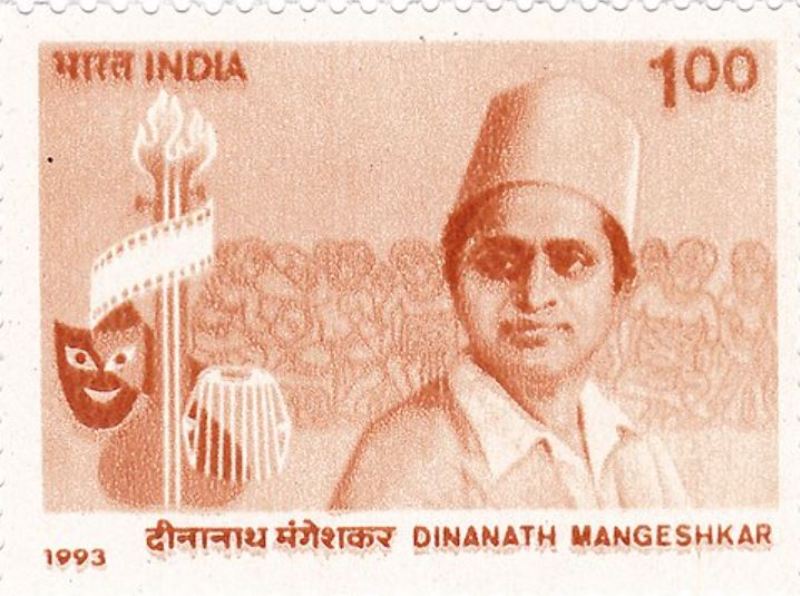 |
| Profession(s) | • Musician • Singer • Marathi film producer |
| Famous for | Being the father of legendary Indian singer Lata Mangeshkar |
| Physical Stats & More | |
| Eye Colour | Black |
| Hair Colour | Black |
| Personal Life | |
| Date of Birth | 29 December 1900 (Saturday) |
| Birthplace | Mangeshi, Goa, Portuguese India (Kingdom of Portugal), (Now Goa, India) |
| Date of Death | 24 April 1942 |
| Place of Death | Pune, Bombay Presidency, British India, (in-present Maharashtra, India) |
| Age (at the time of death) | 41 Years |
| Death Cause | Illness [2]Republic World |
| Zodiac sign | Capricorn |
| Nationality | British Indian |
| Hometown | Mangeshi, Goa, Portuguese India (Kingdom of Portugal), (Now Goa, India) |
| Relationships & More | |
| Marital Status (at the time of death) | Married |
| Family | |
| Wife(s) | First Wife Narmada (later renamed "Shrimati" by her in-laws) (m. 1922) Second Wife Shevanti (m. 1927) 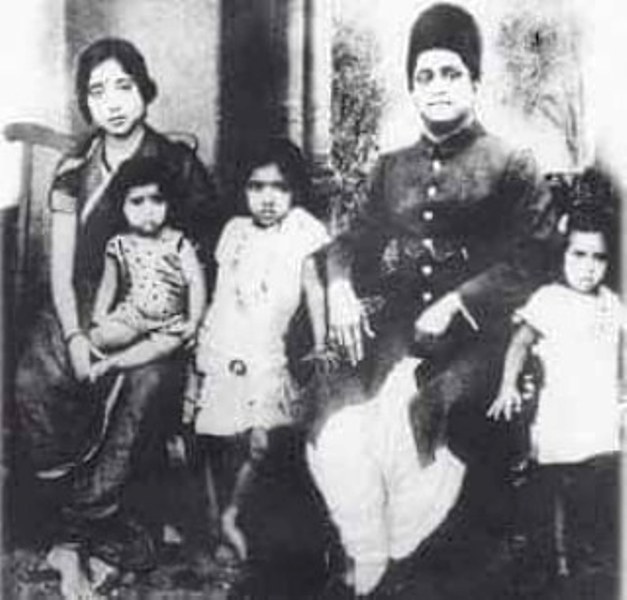 |
| Children | Son- Hridaynath Mangeshkar Daughter- 4 • Lata Mangeshkar • Asha Bhosle • Meena Khadikar • Usha Mangeshkar  |
| Parents | Father- Ganesh Bhatt Navathe Hardikar (Abhisheki) Mother- Yesubai |
Some Lesser Known Facts About Deenanath Mangeshkar
- Deenanath Mangeshkar was a renowned Indian musician, theatre actor, and Hindustani classical singer. His genre of music was Indian classical, Indian semi-classical, and Natya Sangeet. He is best known for being the father of prominent Indian singers Lata Mangeshkar, Asha Bhosle, Meena Khadikar, Usha Mangeshkar, and Hridaynath Mangeshkar, who is a music composer.
- Deenanath Mangeshkar belonged to a Mangeshi family of Portuguese India (present-day Goa). His father was a Karhade Brahmin. [3]Asia Net His father was the priest of the well-known Mangeshi Temple in Goa. His mother belonged to the Devadasi community of Goa and was his father’s mistress. The Devadasi Community was later transformed into the famous Gomantak Maratha Samaj in the Indian state of Goa.
- Deenanath Mangeshkar was born in the Mangeshi village of Goa. According to the book titled In search of Lata Mangeshkar which was published by Harish Bhimani in 1995, the father of Deenanath used to write the surname ‘Hardikar’ because his family and ancestors used to perform the ‘Abhishekam’ or the ritual bathing of the Lingam of Shiva at the Mangeshi temple. Therefore, his family was known as ‘Abhishekis’ of Goa. During his teens, Deenanath adopted the surname Mangeshkar which means ‘the Linga of Lord Shiva.’ [4]Asia Net A deity of Mangesh is also worshipped in the Mangeshi Temple of Goa. [5]The Week
- Deenanath Mangeshkar’s mother used to dance and sing at the Mangeshi Temple during festivals and cultural events. Reportedly, she had an inherent talent for music.
- At the age of five, Deenanath Mangeshkar began learning singing and music from Shri Baba Mashelkar and took admission at Gwalior school. Later, he became the disciple of Gayanacharya Pundit Ramkrishnabua Vaze. At a very young age, Deenanath Mangeshkar became the follower of Pundit Sukhdev Prasad who was the father of Pundit Mani Prasad. They belonged to the Kirana Gharana who were experts in providing formal training in classical music at Bikaner.
- At the age of eleven, Deenanath Mangeshkar associated himself with the Kirloskar Sangeet Mandali and the Kirloskar Natak Mandali for stage performances in music and singing. Later, Deenanath Mangeshkar, along with his companions Chintamanrao Kolhatkar and Krishnarao Kolhapure, formed their own Mandali named Balwant Mandali and left the Kirloskar Mandali.
- With the passage of time, Deenanath Mangeshkar became a renowned face in the Marathi theatre with his good looks and mellifluous voice. The then prominent Marathi Theatre giant, Bal Gandharva, announced publicly that he was so impressed by the music and singing of Deenanath Mangeshkar that he would welcome Deenanath to his organisation by throwing rupees on his feet.
- Apart from being a great singer and musician, Deenanath Mangeshkar was also a fine actor. In the 1930s, he produced three films including Krishnarjun Yuddha. The film was picturised in both Hindi and Marathi languages. A song in this film was sung by Deenanath Mangeshkar and was also picturised on him.
- Later, Deenanath Mangeshkar became the disciple of Ramkrishna Vaze and learnt Indian Classical music from him. He was a true believer in astrology and numerology. Reportedly, he believed that those stage dramas that he produced with five letters with an anuswar (diacritical) on its third letter including Ranadundubhi (रणदुंदुभी), Rajsanyas (राजसंन्यास), Deshkantak (देशकंटक) were his lucky charms. Most of the songs were composed by Vaze Bua for Deenanath’s theatre shows and these songs were very successful among the audience because of their patriotic content.
- At the age of 21, Deenanath Mangeshkar got married to Narmada, who was then 19 years old, in 1922, and he changed her name from Narmada to Shrimati soon after their marriage. She was the daughter of a well-known Gujarati businessman named ‘Seth Haridas Ramdas Lad’ of Thalner in Maharashtra. Shrimati gave birth to a girl, and they named her Latika. Latika died in her infancy. Shrimati also died shortly after that.
- Soon after the death of Shrimati, Deenanath Mangeshkar got married to his first wife’s sister named Shevanti in 1927 at a private ceremony at their house. Soon after their marriage, Deenanath Mangeshkar changed her name from Shevanti to ‘Sudhamati.’ Reportedly, in this marriage, the mother of Shevanti was not present to attend the marriage. The couple had five children named Lata Mangeshkar, Meena, Asha Bhosle, Usha Mangeshkar, and Hridaynath.
- Reportedly, Deenanath Mangeshkar named his first daughter Hema, but he renamed her Lata in the memory of his deceased daughter.
- In the 1930s, Deenanath Mangeshkar was struggling with the financial crisis and started drinking too much alcohol. He died at the age of 42 in April 1942 in Pune due to the illness.
- Later, a hospital and research centre named Deenanath Mangeshkar Hospital was established by his family members in Pune in his loving memory.
- Lata Mangeshkar received her initial training in classical music and singing from her father Deenanath Mangeshkar. She was seen acting in the musical plays of Deenanath Mangeshkar at the age of five.
- The theatre shows that were sung and acted by Deenanath Mangeshkar are Manapaman (मानापमान), Ranadundubhi (रणदुंदुभी), Punyaprabhaav (पुण्यप्रभाव), Sanyasta Khadga (संन्यस्तखड्ग), Rajsanyaas (राजसंन्यास), Deshkantak (देशकंटक), and Ram Rajya Viyog (रामराज्य वियोग).
- Deenanath Mangeshkar was the half-brother of Balawantrao Abhisheki.
- In 1993, a postal stamp was issued by the government of India to honour Deenanath Mangeshkar for his contribution to Indian classical music and patriotic songs.
- In 2022, soon after the death of legendary Indian singer Lata Mangeshkar, the Minister of Higher and Technical Education of Maharashtra, Uday Samant, announced in a press conference that a music college in the name of Deenanath Mangeshkar would be established soon, which was the dream of Lata Mangeshkar to honour her father. He said,
Lata didi’s dream was to have a Deenanath Mangeshkar Music College. Her dream will soon come true under the leadership of Hon’ble Uddhav Saheb…”
References/Sources:

